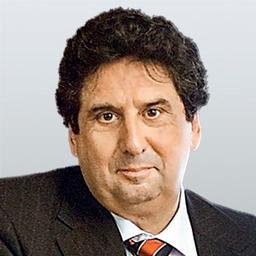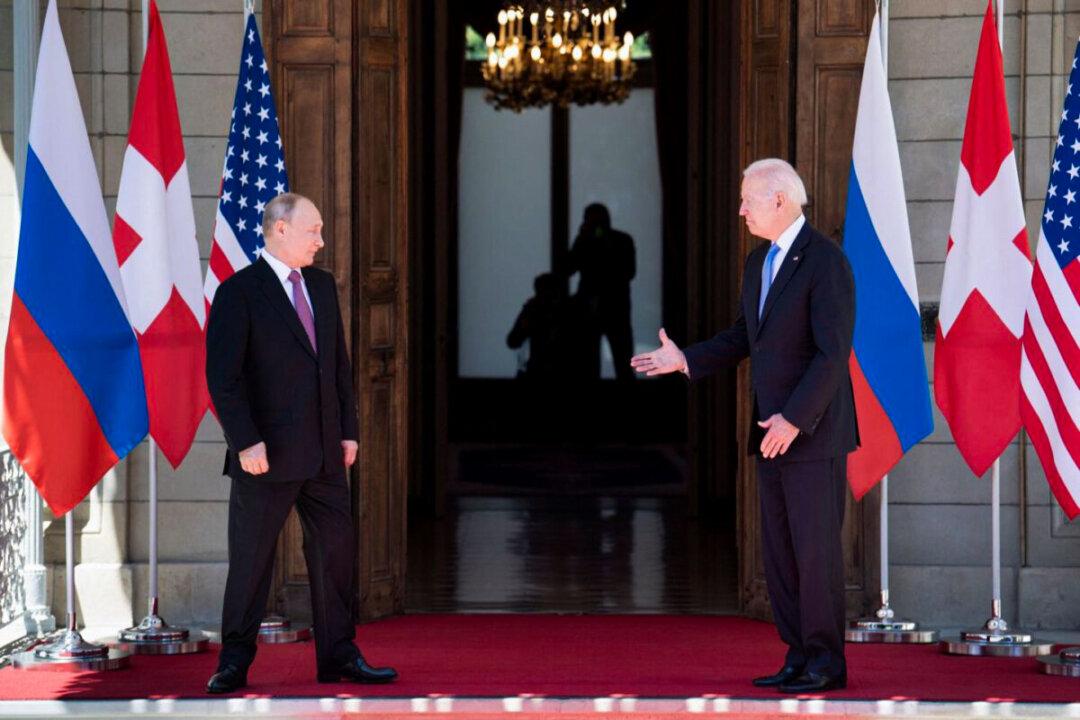Commentary
Vladimir Putin’s invasion of Ukraine isn’t going as planned. On Feb. 24, Central European Time, Russian military forces attacked Ukraine across four axes from the north, east, and south. In a military operation right out of the Soviet Cold War playbook, massed Russian armor rolled across the Ukrainian frontier in a Russian version of shock and awe.





